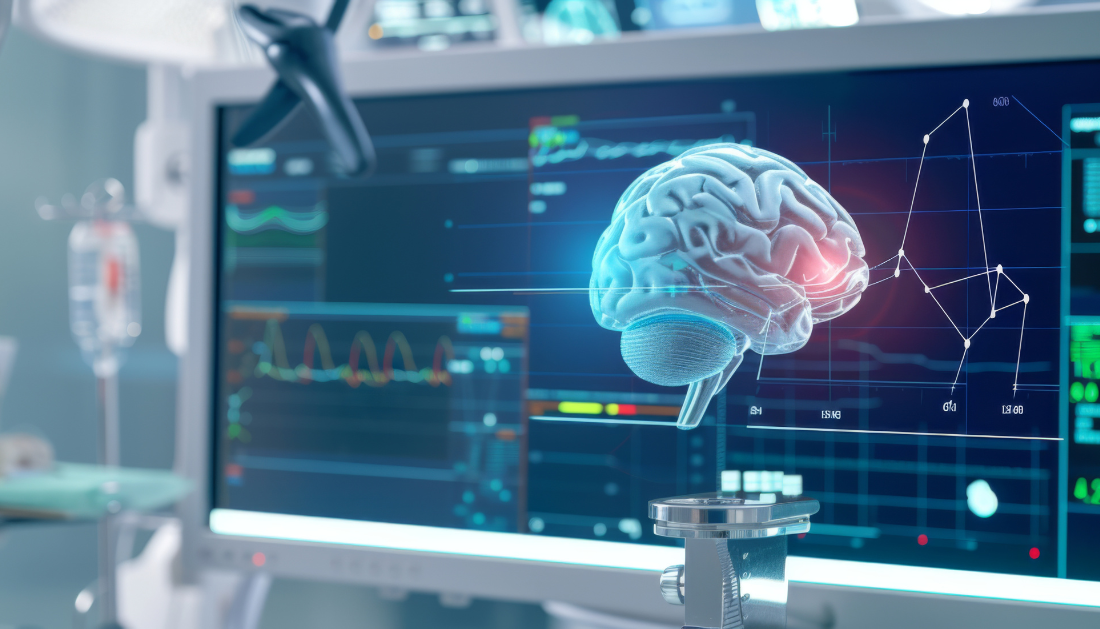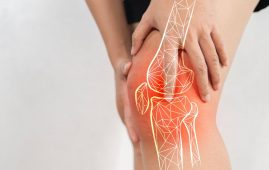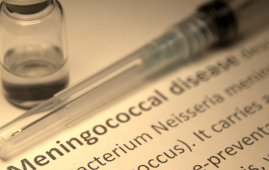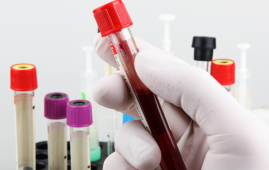

Using large-scale neuroimaging can help advance neuroscience research in this age of artificial intelligence and machine learning.
In order to that end, a consortium of three academic medical centers has been granted a two-year, $460,000 grant by the American Heart Association, which will celebrate 100 years of lifesaving service in 2024. The grant is intended to allow the centers to collaborate and share de-identified imaging data from individuals enrolled in the association’s Get With The Guidelines® – Stroke registry.
The group, which consists of scholars from Cornell University and Columbia University, will be led by a Yale University team. When they get together, they will:
Collect and de-identify neuroimages (such as CT and MRI scans) from various patient groups in the Get With The Guidelines – Stroke registry;
Connect the pictures to the patient record’s unique ID;
Upload the information to the Precision Medicine Platform of the American Heart Association; and
Work together to examine the combined data.
“We are excited to lead this important work to expand scientific understanding of stroke,” said Sam Payabvash, M.D., associate professor at Yale University School of Medicine and lead investigator of the awarded project.
“Images are critical to several aspects of neuroscience research, including increasing precision in evaluating risk and outcomes.”- Sam Payabvash, M.D., Associate Professor, Yale University School of Medicine
The Get With The Guidelines – Stroke registry has been gathering comprehensive data on stroke patients since 2003. It has 9.6 million stroke records as of 2023 from over 2,800 hospitals, which can be utilized for research, to track patient outcomes, to enhance the quality of healthcare, and to examine optimal treatment approaches.
“Images gathered through this project have the potential to significantly advance scientific research and insights around stroke, with the goal of providing the best possible care for patients,” said Jennifer Hall, PhD, FAHA, chief of data science at the American Heart Association and co-director of the Association’s Institute for Precision Cardiovascular Medicine. “As the American Heart Association celebrates its centennial year, we remain committed to quality improvement research in the next 100 years. Enabling health care professionals to share images in a safe and protected manner will help to advance health and hope for everyone, everywhere.”
more recommended stories
 Parkinson’s Disease Care Advances with Weekly Injectable
Parkinson’s Disease Care Advances with Weekly InjectableA new weekly injectable formulation of.
 New Blood Cancer Model Unveils Drug Resistance
New Blood Cancer Model Unveils Drug ResistanceNew Lab Model Reveals Gene Mutation.
 Osteoarthritis Genetics Study Uncovers New Treatment Hope
Osteoarthritis Genetics Study Uncovers New Treatment HopeOsteoarthritis- the world’s leading cause of.
 Antibody Breakthrough in Whooping Cough Vaccine
Antibody Breakthrough in Whooping Cough VaccineWhooping cough vaccine development is entering.
 Scientists Unveil Next-Gen Eye-Tracking with Unmatched Precision
Scientists Unveil Next-Gen Eye-Tracking with Unmatched PrecisionEye-tracking technology has long been a.
 Men5CV: Hope for Ending Africa’s Meningitis Epidemics
Men5CV: Hope for Ending Africa’s Meningitis EpidemicsA landmark global health study led.
 Stem Cell Therapy Shows 92% Success in Corneal Repair
Stem Cell Therapy Shows 92% Success in Corneal RepairA groundbreaking stem cell therapy known.
 Gene Therapy for Maple Syrup Urine Disease
Gene Therapy for Maple Syrup Urine DiseaseResearchers at UMass Chan Medical School.
 How Fast Are Your Organs Aging? Simple Blood Test May Tell
How Fast Are Your Organs Aging? Simple Blood Test May TellNew research from University College London.
 HEALEY Platform Accelerates ALS Therapy Research
HEALEY Platform Accelerates ALS Therapy ResearchA New Era of ALS Clinical.

Leave a Comment